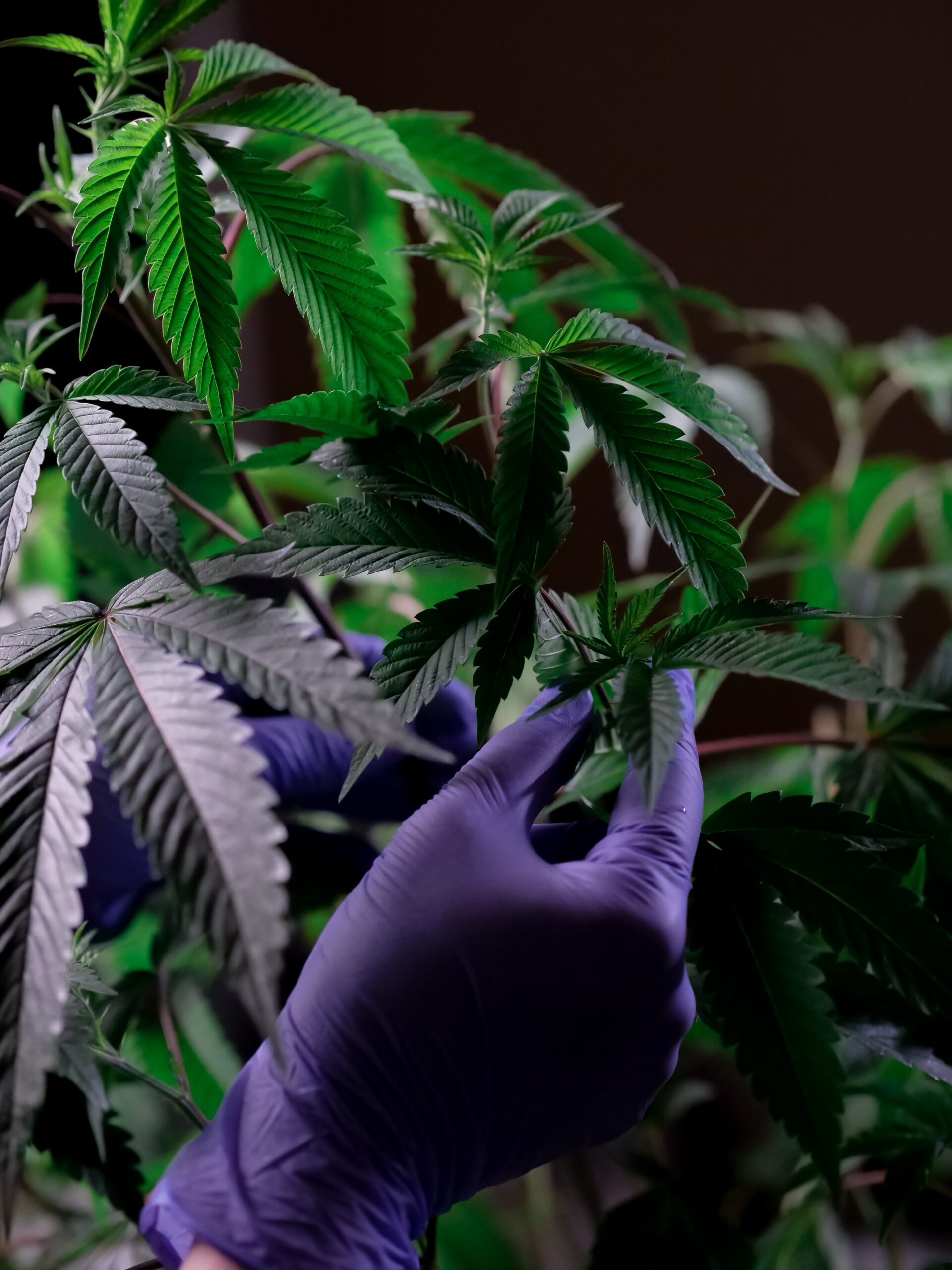California Indoor Farming is a type of agriculture where crops are grown indoors in a controlled environment. One of the main benefits of indoor farming is that it can be done year-round, regardless of the weather outside. In order to create the optimal growing conditions for plants, indoor farmers need to carefully control the environment inside their facility. This includes temperature, humidity, light, and ventilation. To do this, most indoor farms rely on specialized HVAC units.
If you operate a California Indoor Farming facility (or are planning to open one soon), then you should talk to the HVAC experts at Cultiva System. We’ve helped countless customers across the United States and Canada maximize their yields through our specialized agricultural units. To discuss your commercial HVAC options with a member of our team, just give us a call at 623-556-7598 or send an email to [email protected].
To learn more about Indoor Farming and the need for a specialized HVAC unit, keep reading; we’ve prepared a brief guide to these subjects below.
Why is California Indoor Farming Booming?
Indoor farming has been steadily growing in popularity over the last decade, but it’s exploded in recent years, thanks to changes in technology and consumer demand. No longer do food growers have to rely on the weather to make sure their crop grows successfully, which means that food can be grown more cheaply, with higher nutritional value, more easily and consistently than ever before.
Here are five reasons why indoor farming is taking over the agricultural world.
 1. Water Shortage
1. Water Shortage
A worldwide water shortage is one of the main reasons that indoor farming has started to become so popular. With an estimated 70% of the world’s freshwater being used for agriculture, it’s no wonder that farmers are looking for ways to cut down on water usage. Indoor farming requires far less water than traditional outdoor farming, making it a more sustainable option. Not to mention, indoor farms can be located anywhere, so even if there’s a drought in your area, you can still have a thriving farm.
2. Unpredictable Weather
Just a few decades ago, indoor farming was practically unheard of. But with climate change making weather patterns more unpredictable with record high temperatures, storms, and wildfires, farmers are turning to controlled environments to grow their crops.
3. Loss of Arable Land
The loss of arable land is a major problem facing farmers today. Arable land is disappearing due to the world’s growing population, urban sprawl, and climate change. Because these conditions have led to such a drastic decrease in the amount of land available for farming, indoor farming has become an attractive option for those looking to get into agriculture.
4. Overuse of Pesticides
For years, traditional farming has relied heavily on pesticides to protect crops from pests and disease. However, overuse of these chemicals has led to pesticide resistance in many pests, which has, in turn, led to increased crop damage and losses. As a result, farmers are now turning to indoor farming, which doesn’t rely on pesticides, to grow their crops.
5. Food Safety Issues
In recent years, there have been more and more food safety issues found with traditional farming. This has made many people question where their food is coming from and how it was grown. Indoor farming is a newer way of growing food that is becoming more popular because it is seen as a safer option.
With indoor farming, the food is grown in a controlled environment, which means that there are fewer chances for contaminants to get into the food. Plus, indoor farms can use technology to help monitor the conditions that the plants are growing in, which further reduces the chances of something going wrong.
Why Specialized HVAC Units Are Essential to California Indoor Farming Success
When it comes to indoor farming, the environment is everything. In order to maintain a consistent and controlled environment, indoor farmers rely on specialized HVAC units. These units are designed to regulate temperature, humidity, and ventilation.
When temperatures aren’t well-regulated, the plants won’t be able to grow to their maximum potential. If the humidity isn’t controlled, the plants could either wilt (in dry conditions) or develop mold (in wet conditions). If CO2 levels aren’t controlled, plants won’t photosynthesize properly. In short, without a specialized HVAC unit regulating the environment, an indoor farm is doomed to fail.
That’s why commercial HVAC units are essential to success in California Indoor Farming operations. Without the proper HVAC unit, indoor farmers would not be able to provide the optimal conditions for their crops. By investing in a quality HVAC unit, indoor farmers can ensure that their crops will thrive.


 1. Water Shortage
1. Water Shortage